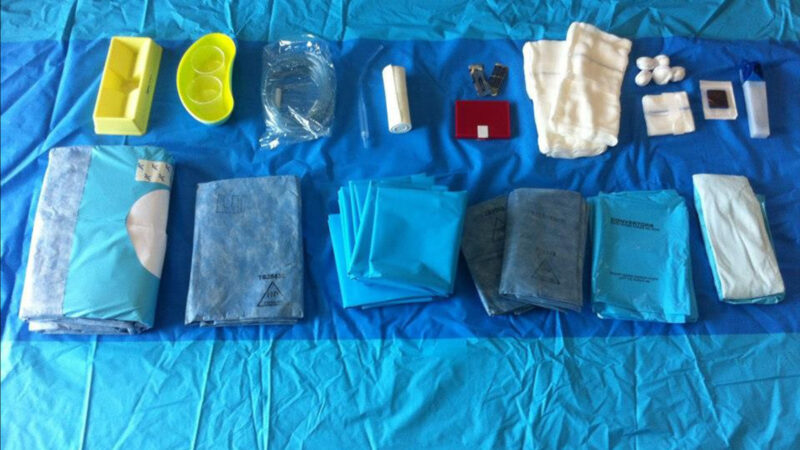Dr Jasjit Baveja is the Associate Director of Policy at the Medical Technology Association of Australia (MTAA), where she oversees regulatory affairs, clinical code of practice, procurement, industry policy, reimbursement, and advocacy. With over 20 years of experience in the medical device regulatory space, Dr Bavej’s expertise lies in providing educational opportunities for regulatory professionals in Australia to ensure continuous learning and professional development. She collaborates closely with the Therapeutic Goods Administration (TGA) to run workshops that provide invaluable experience, networking opportunities, and skill enhancement.
Regulations, such as the Therapeutic Goods Act of 1989, the Therapeutic Goods Regulations of 1990, and the Therapeutic Goods Medical Device Regulations of 2002, serve as a cornerstone for the medical technology industry and are essential in ensuring patient safety and promoting innovation within the industry.
According to Dr Baveja, “Setting stringent quality standards throughout the lifecycle of the medical device, regulations safeguard patient and public health by ensuring only safe and effective medical devices are on the market. With the confidence instilled in patients, healthcare workers, and broader stakeholders that any device that has gone through rigorous testing has met the scrutiny of regulatory requirements, the uptake of medical technology and novel medical devices is facilitated.”
MTAA offers workshops in medical device regulatory affairs for regulatory professionals, providing comprehensive education on Australian medical device regulations to enhance patient access to medical devices and streamline regulatory processes for faster approval times.
The Medical Technology Association of Australia (MTAA) is the national association representing companies in the medical technology industry.
MTAA represents manufacturers and suppliers of medical technology used in the diagnosis, prevention, treatment and management of disease and disability. The range of medical technology is diverse with products ranging from familiar items such as syringes and wound dressings, through to high-technology implanted devices such as pacemakers, defibrillators, hip and other orthopaedic implants. Products also include hospital and diagnostic imaging equipment such as ultrasounds and magnetic resonance imaging machines.
You Might also like
-
Still seeking outcomes after 6th Stoma Appliance Scheme Schedule Review
50,000 Australians have undergone the trauma and challenge of having a stoma inserted. Whilst the Australian Government invests in the appliances and products they need through the Stoma Appliance Scheme (SAS), this list is dated and doesn’t include as many of the products available in other countries. A new report commissioned by the Stoma Industry Association (SIA) shows Australia lagging countries such as the United Kingdom, Canada and Spain in supporting ostomates (people with a stoma).
-
Lens on patient care & allied health workforce across settings
The CEO of Allied Health Professions Australia (AHPA), Bronwyn Morris-Donovan spoke with Australian Health Journal about the following:
The structure and priorities for AHPA
The setting and disciplines in Allied Health
Allied Health representation in the Strengthening Medicare Task Force
Importance of a data strategy and interoperability in delivery of allied health services
Key allied health priorities hopefully addressed in Federal Budget.In the lead up to the Australian Federal Budget in May 2023, Australian Health Journal reached out to peak health industry bodies to hear about their priorities, either noted in pre-budget submissions lodged with Federal Government in January 2023 or in recent forums such as the Strengthening Medicare Taskforce.
-
Nurse recognised for reducing hospital waste
A nurse who started a charity from a granny flat in her parent’s backyard to reduce hospital waste has taken out one of the Australian nursing profession’s most prestigious honours.



